Composting is a natural process that has been around since the dawn of time. The ancient Egyptians, Greeks, and Romans used composting to enrich the soil and improve crop yields.
Composting remains a popular way to reduce waste, improve soil health, and produce high-quality organic fertilizers. However, not everyone knows what composting is or how it works. We will define compost and explore everything you need about this eco-friendly practice.
We will also address some common misconceptions and myths about composting and help you understand how to make the most of this natural process. Composting is an excellent way to reduce your environmental footprint and create a healthier, more sustainable future for yourself and your community.
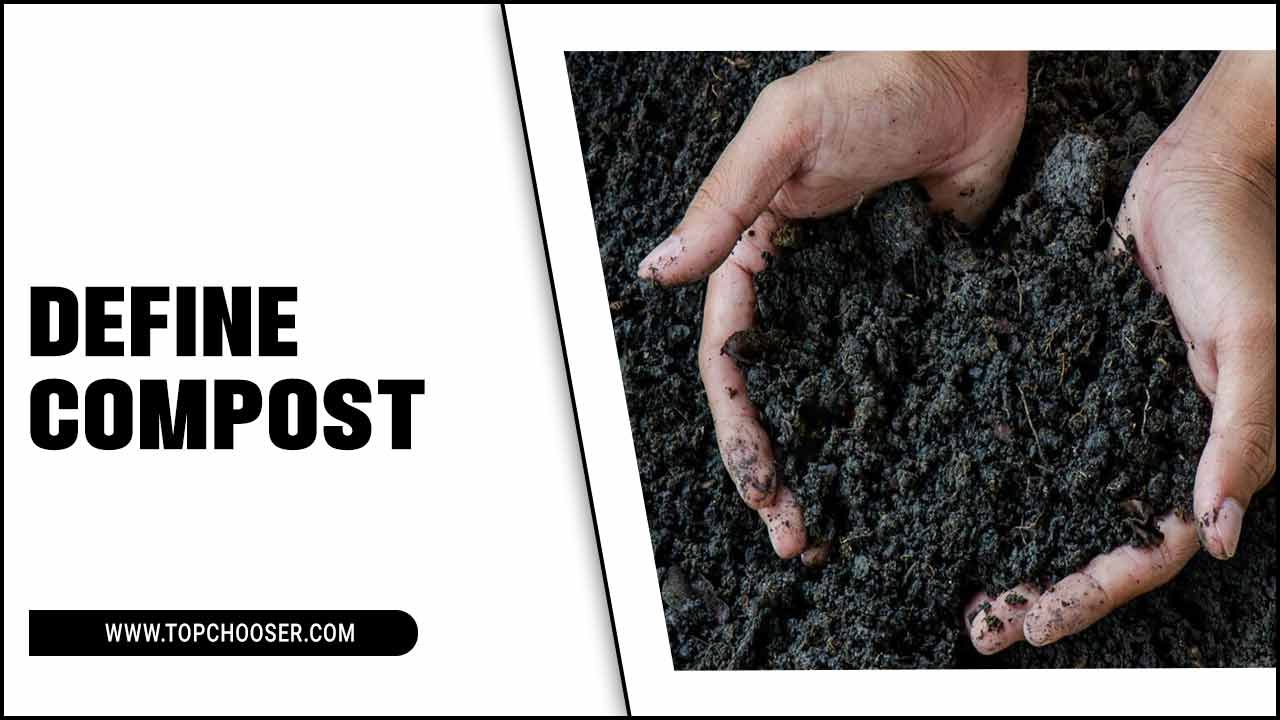
What Is Compost?
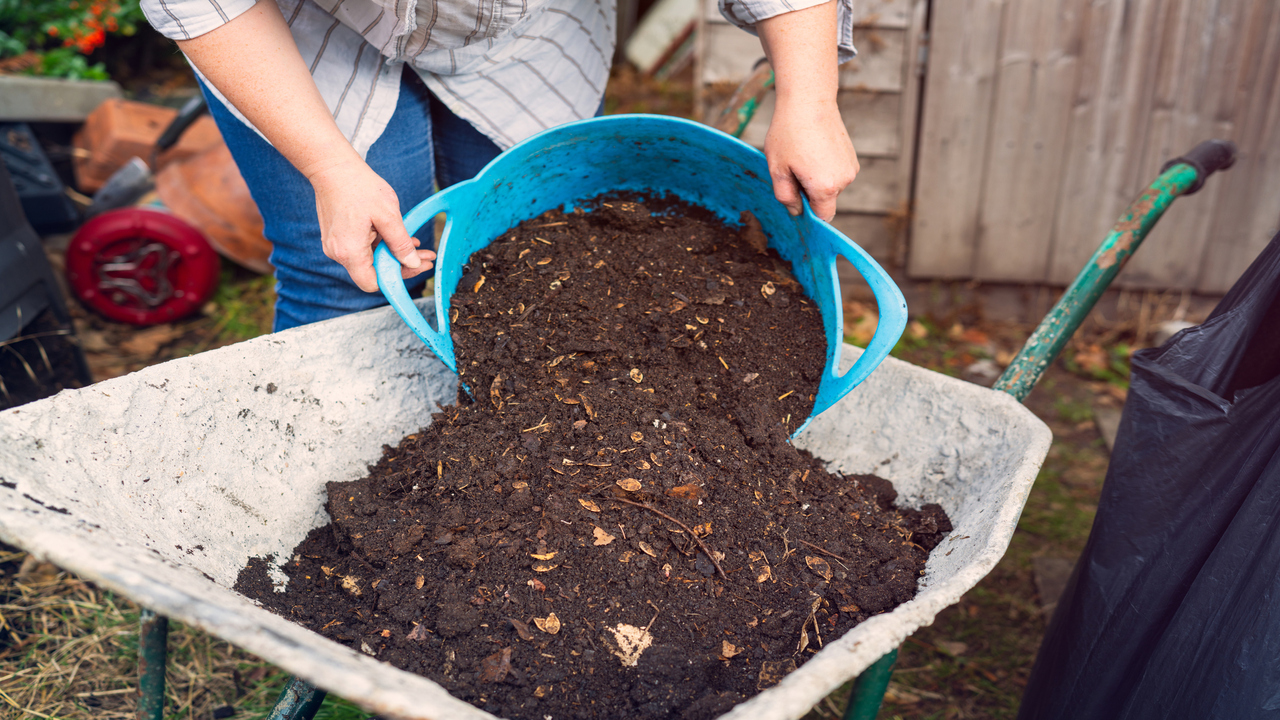
Organic matter, such as food scraps, yard waste, and other biodegradable materials, decomposes to create compost, a nutrient-rich material. Gardeners and farmers use compost as a natural fertilizer since it provides essential nutrients to plants, helps retain moisture, and improves soil structure Composting is a process that involves creating the right conditions for microorganisms to break down organic matter into compost.
This typically involves providing oxygen, moisture, and the right balance of carbon-rich (browns) and nitrogen-rich (greens) materials. You can add the dark, crumbly substance, which results from the process, to the soil in order to nourish plants and promote healthy growth.
Understanding The Define Compost And How It Works
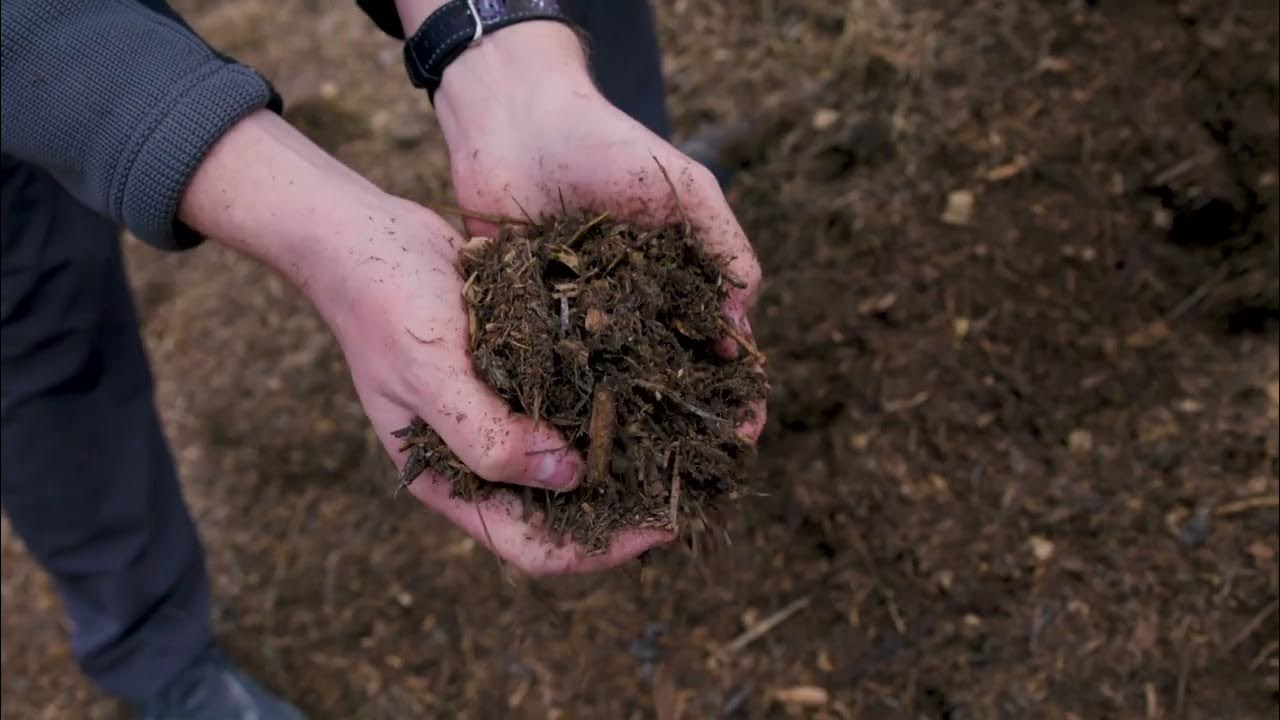
Compost is a nutrient-rich organic material created by decomposing various organic materials, such as food scraps, yard waste, and other biodegradable materials. It provides a natural environment for beneficial microorganisms, such as bacteria and fungi, to break down the organic matter into a rich, dark soil-like substance known as humus.
These microorganisms consume the organic matter and convert it into simpler compounds that plants can easily absorb, a process commonly known as composting. People often use compost as a soil amendment to improve soil fertility, water retention, and overall plant health. It also helps to reduce waste by diverting organic materials from landfills and turning them into valuable resources for gardening and agriculture.
Benefits Of Composting
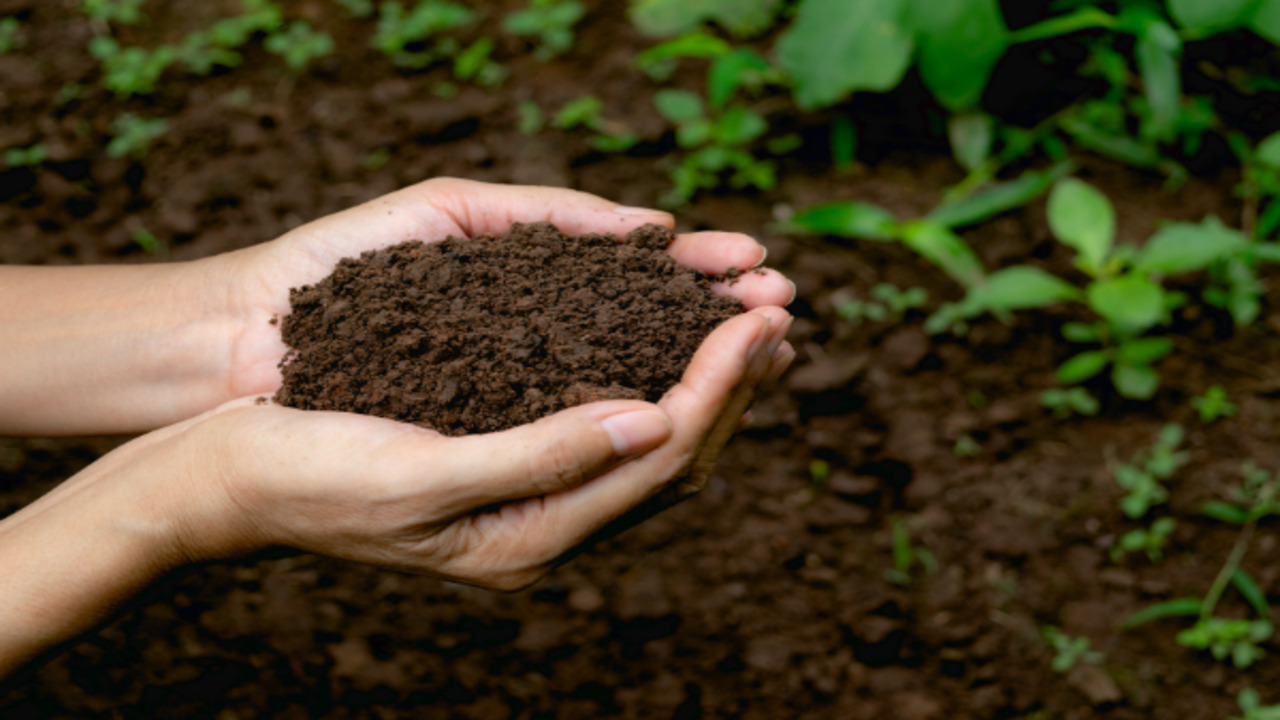
Composting offers a range of benefits that contribute to a more sustainable environment. By diverting organic materials from landfills, composting reduces waste and promotes recycling. Additionally, compost enhances soil health by providing essential nutrients and improving its structure.
This helps to reduce the need for chemical fertilizers and pesticides, promoting natural plant growth. Compost also aids in water conservation by retaining moisture in the soil, reducing the requirement for excessive irrigation.
Furthermore, composting can positively impact greenhouse gas emissions by preventing organic waste from decomposing in landfills, thus reducing methane emissions. These benefits make composting an invaluable practice for both individuals and communities.
Different Types Of Composting
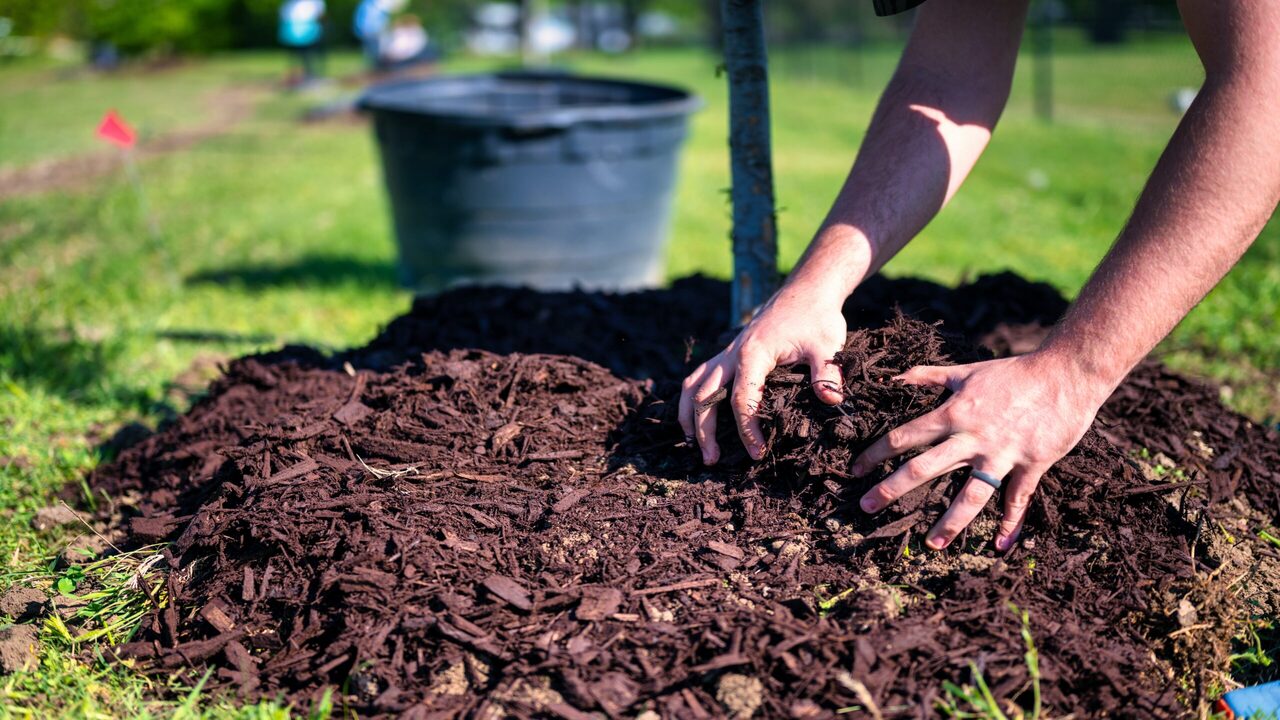
Traditional composting, vermicomposting, bokashi composting, hot composting, leaf mold composting, and trench composting are different composting methods. Traditional composting involves layering organic materials and allowing natural decomposition over time. Vermicomposting utilizes worms to break down organic waste into nutrient-rich compost.
Bokashi composting is a fermentation process using a special bran mixture for a quick breakdown of organic matter. Hot composting relies on high temperatures to accelerate decomposition. Leaf mould composting allows fallen leaves to decompose naturally, creating crumbly compost.
Trench composting involves burying organic waste directly in the ground to enrich the soil. Each method offers unique benefits and can be used depending on individual preferences and available resources.
How To Use Compost In Your Garden
Using compost in your garden can be a great way to improve the health and fertility of your soil. Compost is a nutrient-rich organic matter created by decomposing plant materials, such as leaves, grass clippings, and kitchen scraps. To use compost in your garden, you can spread a layer on top of the soil or mix it into the existing soil.
This will help to add nutrients to the soil, improve its structure, and enhance its ability to retain moisture. Compost can also help suppress weeds and reduce the need for chemical fertilizers. Using compost in your garden is a natural and sustainable way to promote healthy plant growth and create a thriving garden ecosystem.
The Right Conditions For Composting
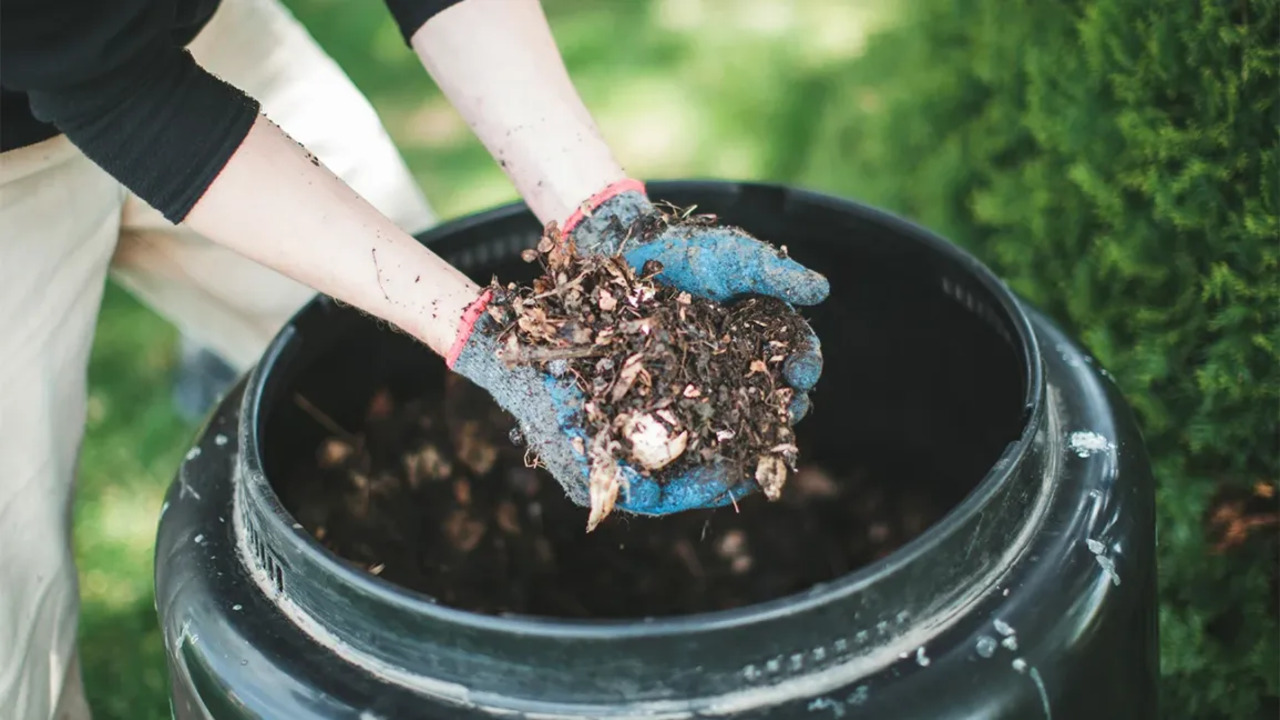
Composting is the process of decomposing organic materials, such as food scraps and yard waste, into nutrient-rich soil. To create successful compost, providing the right conditions for decomposition is important. First, you will need a mix of “green” materials, such as fruit and vegetable scraps, and “brown” materials, such as leaves and twigs.
This balanced mix provides the necessary carbon-to-nitrogen ratio for decomposition. Next, you’ll want to ensure your compost pile is moist but not overly wet. Turning the pile regularly can help aerate it and speed up the decomposition process. Finally, it’s important to monitor the temperature of your compost pile.
Ideally, temperatures between 130-150°F (54-66°C) should be reached to promote effective decomposition. Creating these optimal conditions allows you to turn your organic waste into nutrient-rich compost for your garden or plants.
Common Composting Mistakes
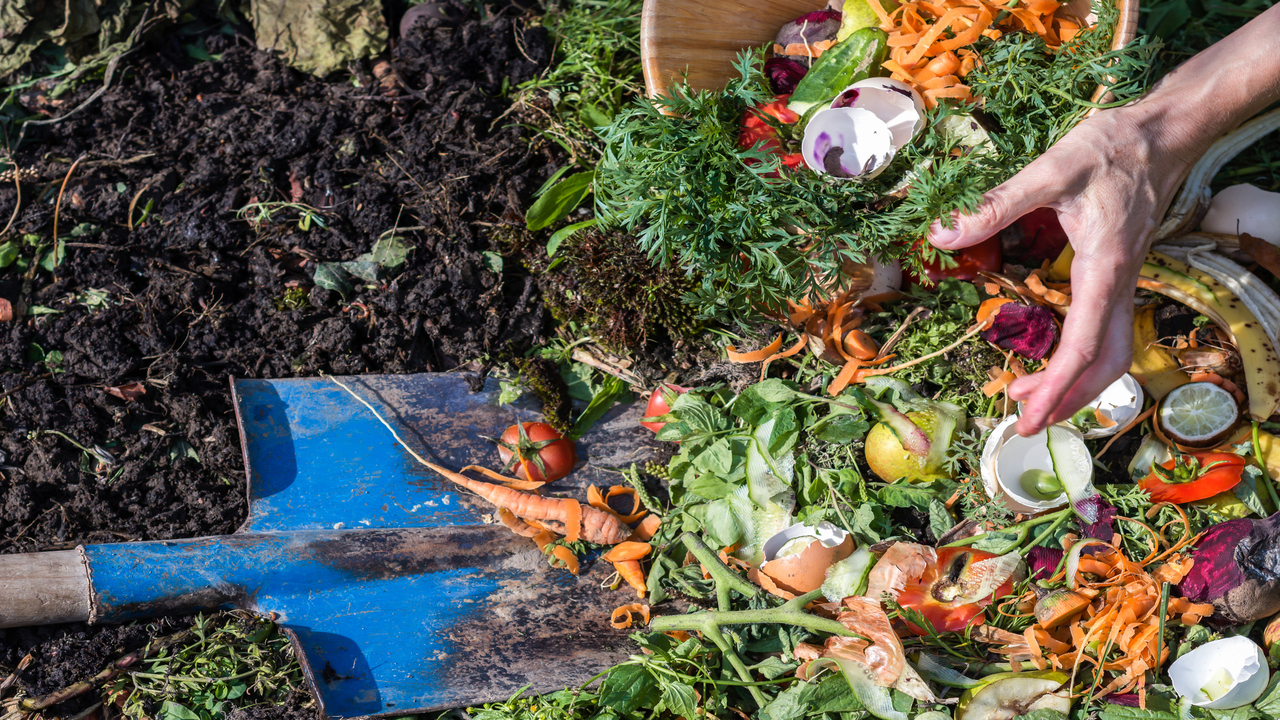
Regarding to composting, some common mistakes can hinder the process. One of these is not balancing the carbon-to-nitrogen ratio. For successful composting, it’s important to have a proper mix of “greens” and “browns” – nitrogen-rich materials like grass clippings and carbon-rich materials like leaves. Another mistake is adding meat, dairy, or oily foods to the compost pile.
These items can attract pests and slow down the composting process. Stick to vegetable scraps and yard waste instead. Neglecting to turn the compost pile regularly is another error. Turning the pile helps aerate it and speeds up decomposition.
If you don’t do this, your compost pile may become slow to decompose or start to smell. Additionally, avoid adding invasive weeds or diseased plants to your compost. These can spread and infect your garden when used as fertilizer. Lastly, using treated wood or synthetic materials in your compost can introduce harmful chemicals that your plants can absorb. Stick to natural and organic materials.
Conclusion
Composting is a natural process that transforms organic waste into nutrient-rich soil. It is an excellent way to reduce waste, improve soil health, and promote sustainable gardening practices. Define compost can be used in various ways, such as adding it to your garden beds, potting soil, or creating a compost tea for plant nutrition.
However, to ensure successful composting, it’s essential to understand the right conditions and avoid common mistakes. Following the proper techniques and guidelines can create high-quality compost that will benefit your garden and the environment. With this knowledge, you can start reducing your carbon footprint and creating a healthier environment for yourself and future generations.
Frequently Asked Questions
[rank_math_rich_snippet id=”s-e62022a7-4967-4922-81d0-9646e862275a”]

I am passionate about home engineering. I specialize in designing, installing, and maintaining heating, ventilation, and air conditioning systems. My goal is to help people stay comfortable in their homes all year long.
